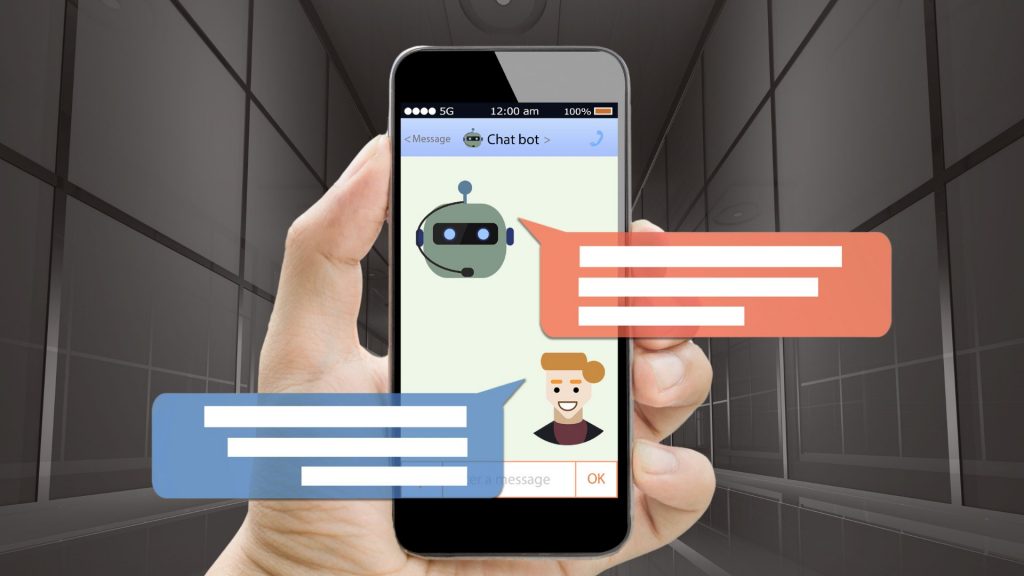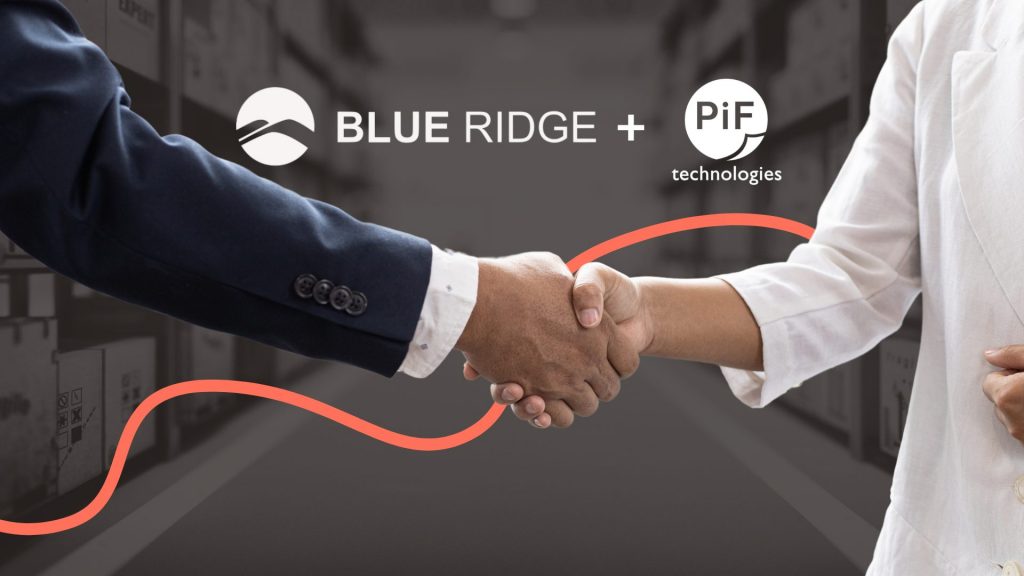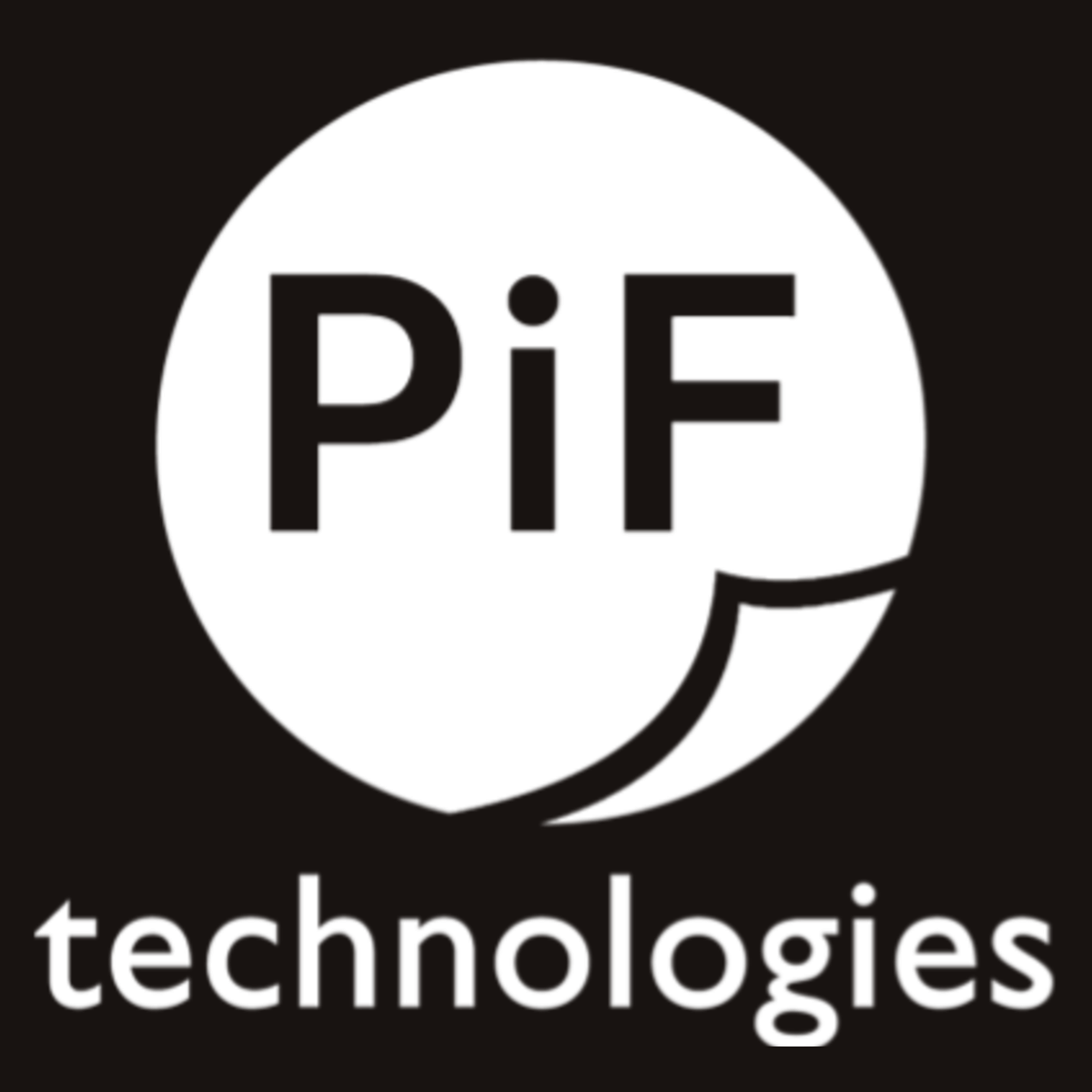In an ever-changing marketplace it can be difficult for business leaders to adapt to new technologies, especially when buzzwords like “Artificial Intelligence” and “Automation” are used without specific context within their processes or industry. Organizations want to adapt and grow, but commonly run into challenges when they get caught up in outdated processes.
Beer, Wine, and Spirits Distributors have an opportunity to streamline their operations and save time and money while eliminating paper and manual processes. The first step is identifying the pain points faced within their day to day work, fortunately, PiF has experience specifically working with Beverage Distributors to help them identify their hiccups and creating custom solutions to help solve them. We’ll share some of the common challenges faced by Beer, Wine, and Spirits Distributors as well as the solutions that Automation can provide.
A Common Catalyst: Manual Paper Processes
Every distributor is different, they serve different markets, carry different products, and can vastly range in size. Through working with distributors across the United States, we’ve identified one common thread – they want to eliminate paper, save time, and become more efficient. The most pressing challenge is the reliance on paper and the consequences of continuing to do so.
Mistakes due to manual data entry
Accounting and finance are some of the most important functions within back-office operations. Unfortunately, when these processes are completed manually or on paper, it can inadvertently introduce time-consuming, costly, and potentially detrimental mistakes. An organization’s overall efficiency can be brought to a complete standstill to mediate these issues. Per the National Beer Wholesaler Association, that average distributor carries over 40 unique brewers with over 300 different brands which leads to thousands of unique SKUs and even more invoices — when these invoices are unable to be processed due to errors, it can snowball and become a larger problem.
Some common mistakes brought on by manual data entry include transcription errors due to inputting data into accounting or demand planning software incorrectly, decimal point errors, inventory discrepancies, or simple typos.
Time better spent completing other tasks
No one can disagree that manual data entry is inefficient. Accounts Payable specialists can spend a significant amount of time processing invoices, and additional time reconciling, validating, or remediating mistakes. Efforts can be duplicated due to the same information needing to be entered into multiple systems, creating redundancy across tasks. Specifically in cases where inventory is manually tracked, hours and hours each day are spent just verifying stock data and updating internal systems.
Not only does manual data entry lead to an overall waste of your employees’ time, it can also be draining and not engaging. A lack of employee engagement due to unfulfilling work can lead to decreased productivity and higher turnover.
Security and regulatory risk
Paper documents aren’t secure. They’re susceptible to becoming lost or damaged and pose a risk of being picked up by the wrong person. In the unfortunate case of fire or flooding, years of an organization’s data can be lost in a flash. Paper-based processes also make it difficult to establish and maintain a clear audit trail, which is crucial for tracking changes and verifying financial transactions. In the case of an audit, important information may not be possible to retrieve due to these processes.
Back-End processes are streamlined with Automation
It is well established that paper simply doesn’t work anymore for organizations needing to keep up with today’s business challenges. How can a Beer, Wine, and Spirits Distributor eliminate the need for paper processes? Through a powerful Automation solution.
Accounts Payable Automation
The most common first step when investing in automation is through Accounts Payable. As previously mentioned, it often has the most risks and process hangups when completed manually with paper and is identified as a catalyst for needing change. For National Distributors, a family-owned Anheuser Busch beer, wine, and non-alcoholic beverage distributor, they needed a solution that could multiply their one AP clerk’s efforts without adding headcount or bogging them down with additional work.
An investment in Accounts Payable automation created a valuable impact for both National Distributors and their existing AP clerk. By freeing up time previously spent on manual tasks to complete more in-depth work, their AP clerk was able to take on high-value tasks instead.
Through the use of an Artificial Intelligence solution called Intelligent Data Capture, their solution learns as it goes and constantly improves upon itself. Their AP clerk was able to reduce his workload processing invoices. Now instead of spending a majority of his time manually matching invoices, he now only has to get involved when the system alerts for human verification.
Depletion Allowances & Billbacks
Processing Depletion Allowances can become a time consuming process for distributors, PiF customer Pine State Trading, a Molson-Coors Distributor, specifically wanted to target reconciling their monthly Depletion Allowances when investing in their Automation solution.
When previously completing the reconciliation process, Pine State had two full-time employees spending the first two full days (32 hours) of each month handwriting billbacks to each of their suppliers for each depletion allowance. Essentially they would have a stack of paper forms on each employee’s desks with each of them spending two full days hand filling out the forms. When that was done, they would take the completed stack of handwritten forms to another employee in Accounts Payable who would manually key them in, which would take an additional 2-3 hours.
When a distributor sells a certain amount of their supplier’s product, they’re eligible for an incentive through incentives or rebates known as Depletion Allowances. Typically these are calculated as a percentage of the distributor’s total sales volume of the supplier’s products during a specific period, for example, monthly or quarterly. The distributor receives this allowance as a credit, which reduces the cost of purchasing additional product from the supplier.
Billbacks are used by beer distributors to recover costs or expenses associated with marketing, promotions, or pricing discounts that they have extended to retailers or customers. Billbacks are essentially reimbursement requests sent by distributors to suppliers.
The result was transforming a multi-hour, multi-day, and multi-employee process into just a few hours of automated, hands-off work. While the hours of labor saved is clearly a significant benefit, their CFO, Gary Grunewald, says “one of the big benefits that we see from Robotic Process Automation is not only the recovery of human hours. It’s just that humans make mistakes. Bots don’t make mistakes.”
Pricing & Promotion Updates
A challenge commonly faced by Beer, Wine, and Spirits distributors is frequent pricing changes and promotions from their suppliers. Like many distributors, Pine State carries thousands of unique products and the task of making those changes on a monthly or quarterly basis is a difficult one. While an employee had initially been tasked with keeping up with these updates, they ultimately left their position, and through automation Pine State was able to eliminate data entry for future employees. While the saved resources are a benefit, the elimination of mistakes is the most significant return on investment.
Non-Inventory Requisitions
Non-Inventory Requisitions refer to requests within an organization for items or services that are not considered part of the organization’s standard inventory. These requisitions typically involve the procurement of goods or services that are not intended for resale or are not used as part of the organization’s core operations. Instead, they are often associated with administrative or support functions.
Through Electronic Forms and Accounts Payable Automation employees can electronically submit Non-Inventory Requisitions and eliminate the need for paper-based forms or monitoring an inbox. Distributors can set up automated workflows for these requisitions and route them to the correct person for approval. Employees are also able to track the status of these requisitions to ensure transparency within the process.
Inventory Forecasting & Management
Distributors commonly use an Inventory Forecasting system to help predict future orders and how much product they will sell during specific periods of time. Typically this would require a full time employee to enter their Purchase Orders into their Inventory Forecasting system from their route accounting system.
Rather than adding headcount or reallocating an existing employee to complete this task, Distributors can utilize Robotic Process Automation to connect the two disparate systems without manual employee intervention.
Next steps for Implementing Automation
Incorporating the right mix of Document Management, Intelligent Data Capture, Robotic Process Automation, and Accounts Payable Automation can revolutionize back-office operations for Beer, Wine, and Spirits Distributors. By embracing automation solutions, organizations can streamline their operations, enhance collaboration, and achieve higher levels of efficiency and accuracy. To embark on this transformative journey, the first step is assessing your business’ unique needs and challenges. By identifying the key processes that can benefit from automation, such as Accounts Payable, Non-Inventory Requisitions, Depletion Allowances & Billbacks and more, you can best understand how to pursue a solution.
PiF Technologies has extensive experience implementing customized solutions for Beer, Wine, and Spirits Distributors. We know the unique challenges faced in this vertical and can work with you through each step of implementation.
Want to take the next step towards automating? Complete the contact form below and we’ll be in touch.







